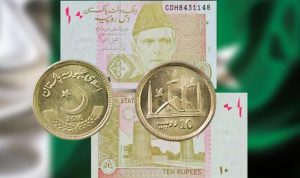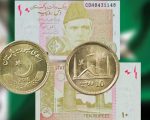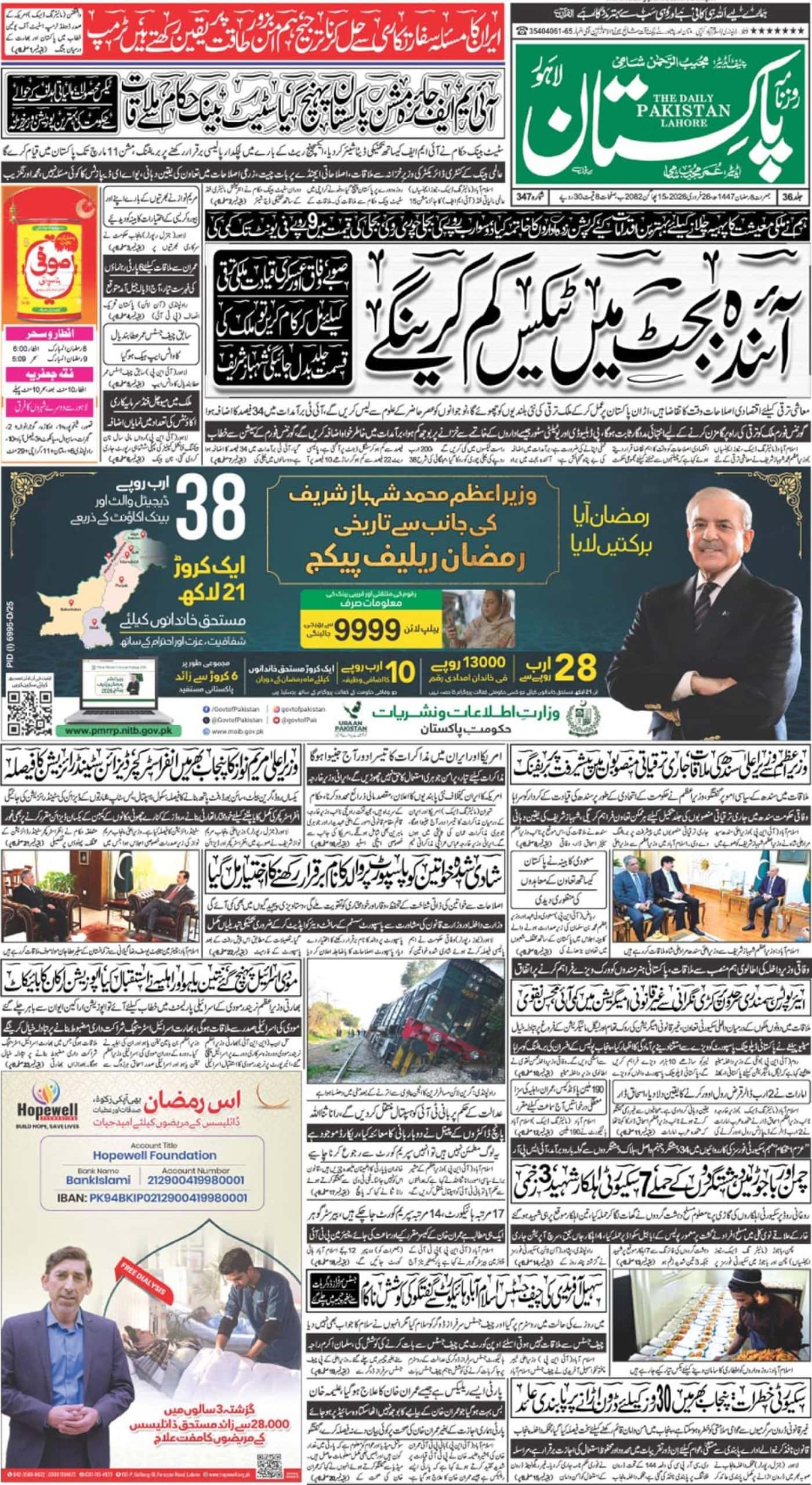ISLAMABAD: Senator Col (Retd.) Tahir Hussain Mashhadi, an MQM lawmaker from Sindh, has secured first position with an overall score of 95 percent in PILDAT’s Scorecard of Senators Performance during the 13th Parliamentary Year of Senate – March 12, 2015-March 11, 2016.
Pildat is a think tank that focuses on political and public policy research and legislative strengthening.
According to a systematic assessment of the individual parliamentary performance of the Pakistani senators carried out by PILDAT, PPP’s Senator Sassui Palijo has attained first position among Women Senators with an overall score of 51 percent.
The assessment also shows the overall average performance score of the Senators is 41 percent.
Top 5 Men Senators
Among the top five scorers are: Senator Tahir Hussain Mashhadi, 95% overall score; Senator Muhammad Usman Kakar (Balochistan, PMAP), 76% overall score; Senator Mushahid Hussain Syed, Federal Capital, PML), and Senator Saeed Ghani (Sindh, PPPP), both with 73% overall score; Senator Muhammad Talha Mehmood (KP, JUI-F), 68% overall score; and Senator Nauman Wazir Khattak, (KP, PTI) and Senator Dr. Jehanzeb Jamaldini (Balochistan, BNP-M), both with 66% overall score.
While the senators from the federal capital and the three smaller provinces figure in the top five positions, none of the Senators from Punjab, the largest province, could make it to the top five positions among men senators.
Top 5 Women Senators
The top five women senators include: Senator Sassui Palijo (Sindh, PPP-P), with an overall rank of 13 and overall score of 51%; Senator Sitara Ayaz (KP, ANP), with an overall rank of 15 and overall score of 49%; Senator Nuzhat Sadiq (Punjab, PML-N), with an overall rank of 21 and overall score of 43%; Senator Sehar Kamran (Sindh, PPP-P), with an overall rank of 22 and overall score of 42%; and Senator Gul Bashra (Balochistan, PMAP), with an overall rank of 23 and overall score of 41%.
As many as 102 Senators have attained ranks or positions between 1 and 40. Senate Chairman Raza Rabbani and Deputy Chairman Senator Abdul Ghafoor Haideri have not been included in the assessment exercise as their powers and functions differ greatly from that of a regular member of the Senate.
Leader of the House, Senator Raja Muhammad Zafar-ul-Haq (Punjab, PML-N), attains a score of 62% and is on 8th position.
Leader of the Opposition, Senator Aitzaz Ahsan (Sindh, PPP-P), is not far behind with an overall score of 57%, in 10th position.
Senator Pervaiz Rasheed (Punjab, PML-N), who is also Federal Minister for Information, Broadcasting and National Heritage, has attained a score of 27%, which puts him at 36th position.
The federal minister for Human Rights, Senator Kamran Michael (Punjab, PML-N), follows Rasheed with a score of 24%, in 37th position.
Other notables in this assessment exercise include Jamaat-e-Islami chief Senator Siraj-ul-Haq (KPK) with an overall score of 63%, putting him in 7th position.
Newly appointed Federal Minister for Ports and Shipping and President of National Party, Mir Hasil Khan Bizenjo (Balochistan) achieves an overall score of 59%, putting him in 9th position.
Former Interior Minister Senator Rehman Malik (Sindh, PPP-P) stands at the 28th position with an overall score of 36pc, while the current Governor of KP and former Senator Iqbal Zafar Jhagra (PML-N) also stands in 28th position with an overall score of 36pc.
PPP-P vice-president Senator Sherry Rehman (Sindh) stands in 29th position with an overall score of 25%.
The performance scorecards of Senators was measured in the following areas: Oversight, Legislation and Representation.
The Top Performer in Oversight is Senator Col. (r) Tahir Hussain Mashhadi with an average score of 4.4 out of 5.
The Top Performer in Legislation is Senator Mushahid Hussain Syed (Federal Capital, PML), with a total of 9 private member’s bills introduced of which 8 passed in the Senate during the year.
The Top Performer in Representation is Senator Hamza Shehbaz (Punjab, PML-N), with the highest attendance of 97% in the plenary sessions of the Senate.
According to the PILDAT’s report, PPP is the political party with the highest number of top-performing senators. In order to gauge this result, the top 15 positions or ranks were checked for each political party. The PPP has four of its elected leadership in the Senate among the top 15 position holders: Senator Saeed Ghani, 3rd position; Senator Aitzaz Ahsan, 10th position; Senator Farhatullah Babar, 11th position; and Senator Sassui Palijo, 13th position.
Similarly, the top 15 positions were also checked for the Province/Territory with the highest percentage of top-performing senators, which turned out to be the Khyber Pakhtunkhwa (KP). Seven (7) or 30% of Senators from KP are among the top 15 position holders: Senator Talha Mehmood (JUI-F), 4th position; Senator Nauman Wazir Khattak (PTI), 5th position; Senator Baz Muhammad Khan (ANP), 7th position; Senator Sirajul Haq (JI ), 7th position; Senator Farhatullah Babar (PPP), 11th position; Senator Shahi Syed (ANP), 14th position; and Senator Sitara Ayaz (ANP), 15th position.
Methodology and framework
This is a first attempt made by PILDAT to assess and rank the performance of Senators, and hence, may have a lot of room for improvement. PILDAT says the principal objective behind this evaluation exercise is to foster transparency and greater democratic accountability in the country and to help in the mapping exercise of the future political leadership of Pakistan.
The methodology and framework of assessing the performance of 102 Senators were developed in-house. The data for preparing the Score Cards was obtained from the two main public sources: official website of the Senate, and the “Report to the People of Pakistan” produced by the Senate.
Senators themselves were also contacted to provide their updated educational and professional details. However, federal ministers have not been scored in the parameter on Number of Committees Chaired, as the rules do not allow them to be elected as Chairmen of a standing committee and most of the other committees.
These Score Cards seek to provide the citizens of Pakistan with some critical information in order to empower them to monitor their elected representatives and to identify the prospective future political leadership of Pakistan.













